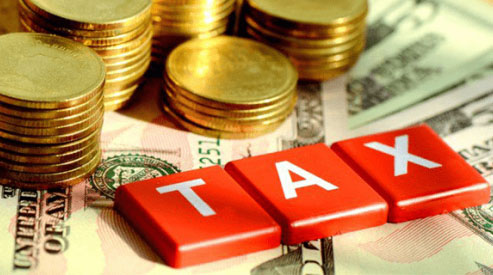Tax breaks must be extended to inverters and batteries, says Ramokgopa
Electricity Minister Kgosientsho Ramokgopa said the government wants more businesses and households to opt for rooftop solar, and efforts are under way to push for a tax incentive to be extended to inverters and batteries which are part of solar PV systems.
The minister was speaking on Monday during a briefing about the progress of the Energy Action Plan.
Ramokgopa noted that solar rooftop installations had more than doubled to over 4 500MW, since July 2022. He said that the state wants to encourage this, especially through tax incentives that were announced by Finance Minister Enoch Godongwana in February.
Government is offering a 25 percent tax incentive to households on their solar PV panels. The incentive has been effective since 1 March 2023 and will run until 29 February 2024.
Claims are capped at R15 000. The incentive strictly applies to solar panels – and not to inverters or batteries. But Ramokgopa said the incentive must be extended to these components.
“We are advocating for, as a department, that we need to have that incentive to be extended to components of that ‘self-generation mix’ that carries the heaviest capital cost… It shouldn’t just be restricted to PV but also should be extended to batteries and inverters,” he said.
An expanded incentive would see a “considerable uptake” of solar PV systems.
Treasury allocated R4 billion in relief to individuals installing solar panels. Government also allocated R5 billion for the expansion of the renewable energy tax incentive to companies, according to the 2023 Budget Review. Businesses can claim a tax deduction of 125 percent on the cost of renewable energy projects – this includes solar PV, wind, biomass, hydropower and concentrated solar. The incentive applies for two years – 1 March 2023 to 28 February 2025.
Government also launched the energy bounce-back loan scheme earlier this year for households and small businesses to raise the finances they need to install solar PV. Government guarantees solar-related loans on a 20 percent first-loss basis, which means government would carry 20 percent of the loss on defaulted loans.
The loan scheme runs until 30 August 2024 and can be accessed through commercial bank loans.
A feed-in-tariff that will apply to households and businesses that sell excess power back to the grid should also help boost the rollout of rooftop solar PV, Ramokgopa added.
The City of Cape Town is the first in the country to offer residents and businesses cash for selling excess power back to the municipality. Before, the city would just credit their electricity bills.
Given these existing interventions, Ramokgopa noted that it is also necessary to have a financing instrument introduced for poor households to also be able to tap into these renewable energy resources. A small household system costs more than R80 000.
The current system only benefits those with “unencumbered cash” and who have the “right liquidity position” and the “right risk profile” to be able to raise money from banks. Essentially, only middle- and high-income earners can benefit from solar PV rooftop installations.
Ramokgopa said the poor can’t access these energy generation technologies because they do not have the capital resources required for it. “We want to levelise and equalise that,” he added. He did not indicate what kind of instruments or solutions government was considering in this regard.-ebusinessweekly











